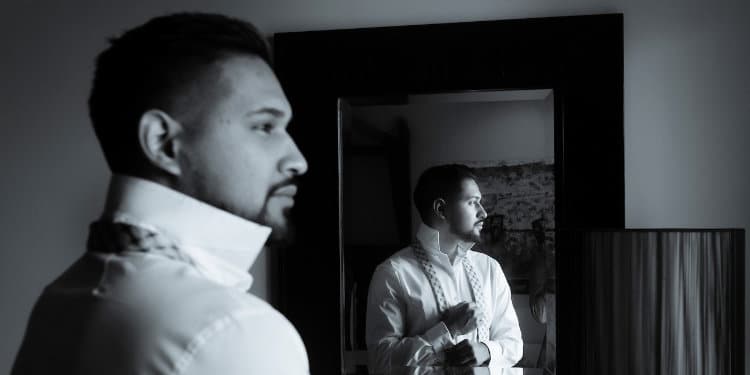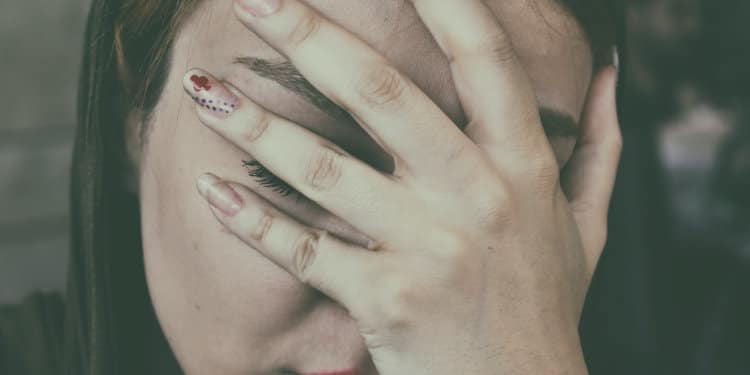











Chronophobia is an anxiety disorder in which one experiences an irrational fear of the passing of time. It is a disruptive and persistent stress that is related to thoughts of mortality, having limited time, or having limited means to monitor it. Chronophobia is a specific phobia, a category of anxiety disorders in which people experience irrational fear in response to certain objects and situations that pose little or no real danger.

Those experiencing chronophobia may find it difficult to steer their thoughts towards other things, as time seems to dictate every aspect of our lives. It’s the time on our watches and clocks that triggers most of our daily actions like getting up in the morning, leaving for work, going home, eating dinner, and more. The first and last thing that most of us do each day is set and turn off our alarm clocks. Time can be seen flashing everywhere. It is on watches, grandfather clocks, alarm clocks, cell phones, computer screens, and the microwave.
Those with chronophobia can experience symptoms including the following:[1]
Chronophobia can lead to significant distress and impairment in everyday functioning. It can result in isolating behaviors, sadness and depression, and impaired thinking.
Chronophobia is especially prevalent in the elderly, those who are incarcerated, and people that have been diagnosed with a terminal illness.[2] These individuals worry that their time is limited and begin to develop a fear of time passing, as it will ultimately lead them closer to their mortality. Chronophobia can also be prevalent in those who have experienced significant trauma or in those that have been in natural disasters. These individuals develop intense fear because they cannot easily track the passage of time during these situations.
Chronophobia is difficult to prevent, as it is often fueled by situations that are uncontrollable and cannot be prevented, such as trauma or illness.
The symptoms of chronophobia are often brought on by lifecycle and milestone events such as:
In addition, anything reminding us of our mortality such as the death of someone we know or seeing signs of aging can also trigger symptoms. Lastly, the sights and sounds associated with time passing, like those coming from a clock or watch, may cause distress.
Thankfully, those suffering from chronophobia and other specific phobias generally respond well to treatment. Psychotherapy is the first line of treatment and seeks to help an individual to change irrational thought patterns. Cognitive behavioral therapy, a type of treatment that helps a person change negative thought patterns, is often used in the treatment of chronophobia. Hypnotherapy can be another treatment option, and finally, in some cases, medication may also be prescribed.[3][4]
The fact of the matter is that we are all ruled by time. Some of us rebel against time restraints and constrictions with a blatant lack of regard for deadlines and scheduled appointments. Some of us are used to it and comply accordingly. Most people are contemplative about the passage of time as it relates to life and mortality without impairing their functioning level.
However, those with chronophobia are incapacitated by fears, which only serve to be heightened by the sounds of seconds ticking away, the numerous blinking clocks encountered daily, and events that mark the passing of time, such as anniversaries and graduations. When these fears take over our thoughts, consulting with a professional therapist is a great first step toward overcoming the issues.
References